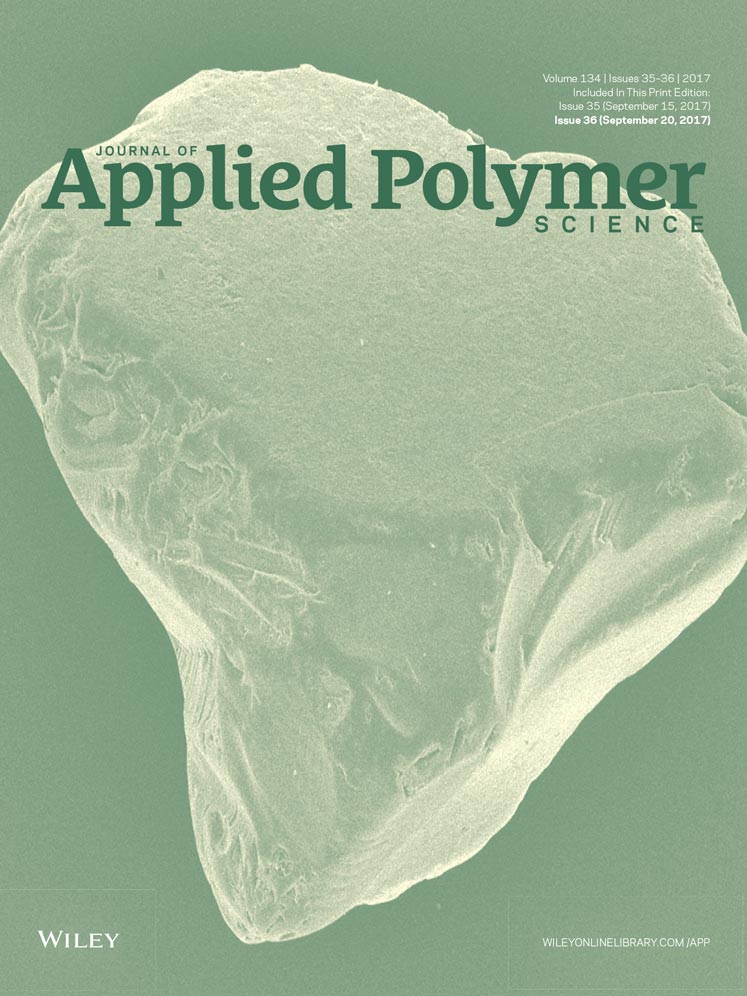Effects of temperature and strain rate on the tensile behavior of polypropylene composites insulator coatings used in offshore deepwater pipelines
ABSTRACT
Polypropylene (PP) composites are being increasingly used as thermal insulation coatings in both onshore and offshore pipelines. In this study, the direct tensile behavior of pure PP, PP with glass microsphere filler, and PP with 65% glass filler were investigated at 22, 60, and 90 °C temperatures at various strain rates from 0.003/min to 0.300/min. Fourier transform infrared spectroscopy and scanning electron microscope studies were used to characterize the materials. Stress–strain relationships of the materials were nonlinear in the elastic and inelastic domains. Addition of glass fiber to the PP increased the elastic modulus, but the yield strength and yield strain were reduced along with the ductility. Based on the experimental results, constitutive models coupling the strain rate and temperature have been developed to predict the yield strength, the initial elastic modulus and secant modulus at yield for the PP composites. © 2017 Wiley Periodicals, Inc. J. Appl. Polym. Sci. 2017, 134, 45209.




